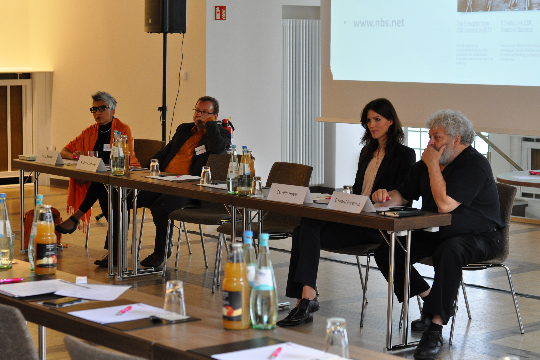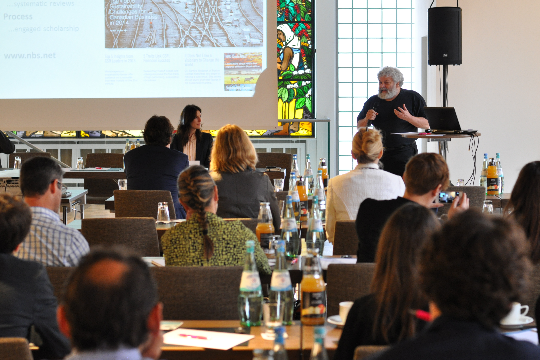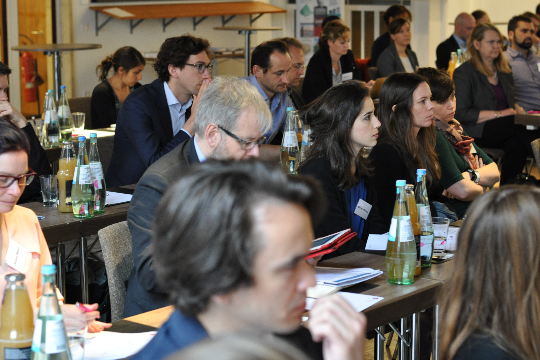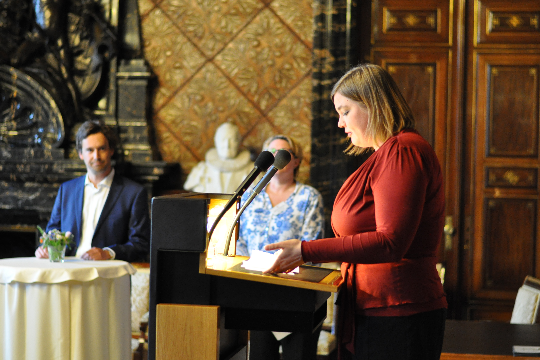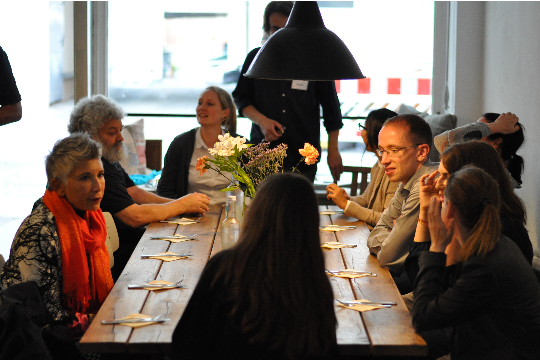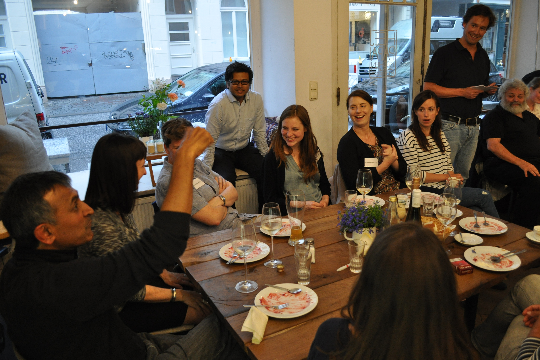GRONEN 2016
Value(s) for whom? The Changing Role of Business in Society
25 - 27 May 2016 in Hamburg, Germany
Conference Organization: Prof. Dr. Timo Busch
The field of business sustainability continues to wrestle with an unsolved tension. On the one hand, firms continue to thrive and extend their business capacity. On the other hand, there is now decades of accumulated evidence that many industries’ production patterns are not sustainable. While experts call for more sustainable business practices, many business leaders still believe that being environmentally and socially sustainable comes at a cost to their shareholders.
What can be done to solve this tension between economic self-interest and societal-beneficial action? How can we extend our narrow understanding of creating economic value towards a broader understanding of creating values for different stakeholders? How can research support businesses in realizing a transformation from shareholder to stakeholder orientation? In asking critical questions about how firms create value and values and trying to offer potential answers, the GRONEN 2016 conference intends to advance research in the following two related focal areas:
1. Creating value(s): A new role of the corporation in society?
Many governments struggle in finding suitable solutions to environmental issues that emerge through unsustainable business practices. The indecisiveness and non-effectiveness of current international climate policy demonstrates that we should probably not wait for a global political solution alone to stop climate change. This raises the question of how non-governmental institutions or businesses should instead step in - or more broadly speaking: Is there a new role of the firm in society? Research questions in this focal area may cover (but are not limited to):
- What are our logics of value creation and creating values?
- How can we transform corporate management towards focusing more on long-term value creation?
- How do the values of corporations evolve over time?
- How can corporations develop their values to embrace sustainability?
- How can corporations learn to decouple their value creation from their resource consumption?
- What do entrepreneurial managers in firms perceive as their responsibility?
- How do they induce change towards sustainability in their own firm?
2. Valuing impacts: How relevant and reliable are sustainability measures?
For a long time managers and management researchers have used aggregated measures of corporate sustainability that are limited to a “gate-to-gate” focus. Just recently organizational researchers and corporations have begun to develop measures that assess processes along the value chain. This resonates with the literature on Industrial Ecology which has developed largely separately from research on Organizations and the Environment. Little is known about how to implement life cycle thinking in strategic corporate planning and how controlling and external data providers can measure corporate performance with respect to it. Thus, research questions in this focal area may cover (but are not limited to):
- How do organizations interpret and measure value creation and the creation of values?
- Are (eco)efficiency measures actually good measures of corporate performance?
- How can and should life-cycle thinking be fostered in the management of the firm?
- How accurate are corporate sustainability ratings; where are the differences?
- How reliably do firms report on their environmental footprint, e.g. their GHG emissions?
- How trustworthy do voluntary programs measure and report about sustainability?
- What do differences and limitations in measurement tools entail for managing environmental and social issues?
The Group for Research on Organizations and the Natural Environment (GRONEN) is an open network of engaged scholars focused on innovative thinking in order to generate transformative ways of protecting the Earth. The conference is open to papers addressing a variety of topics relating to organizations and the natural environment. We particularly would like to invite papers that contribute to the conference theme and to one of the two previously described focal areas.

